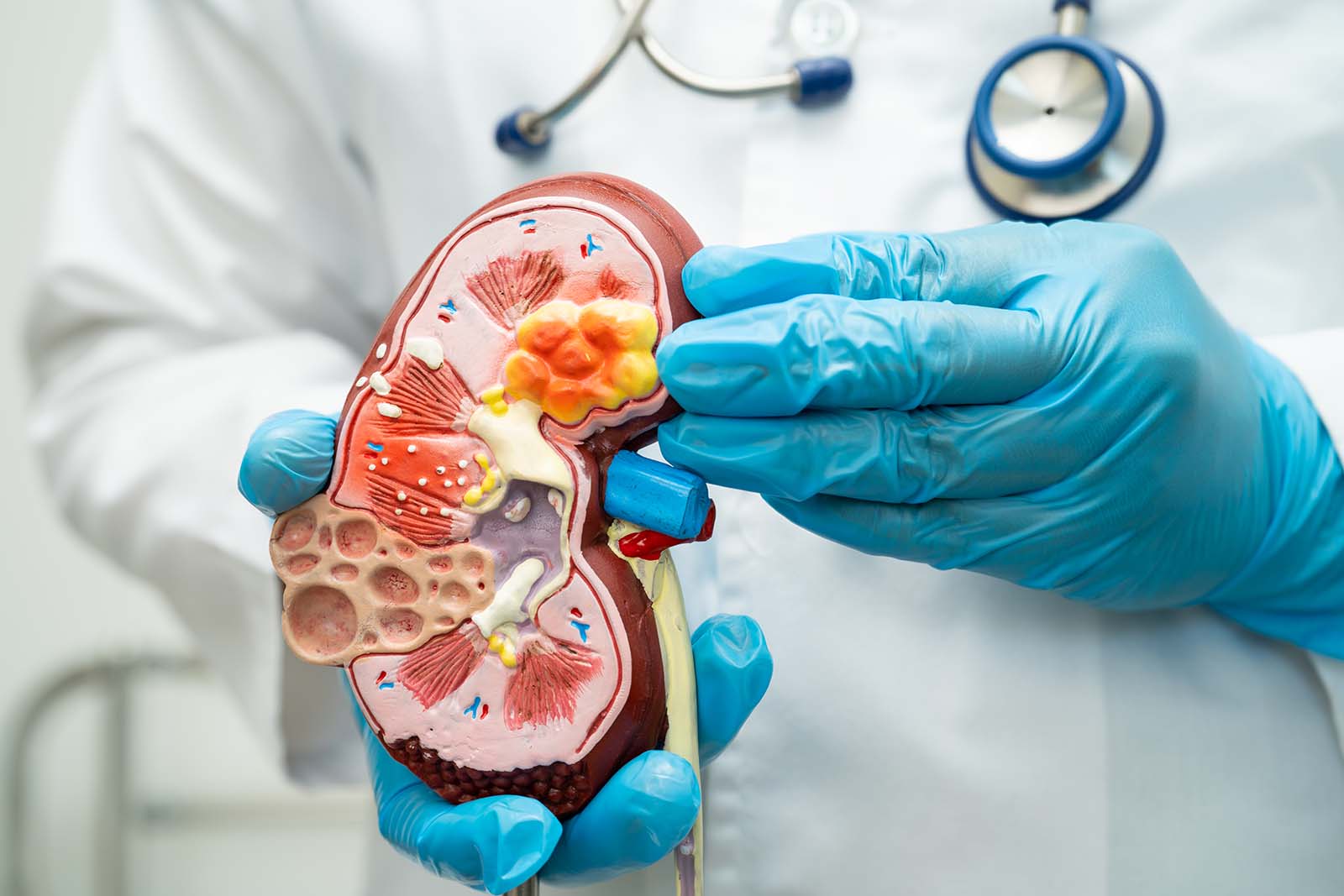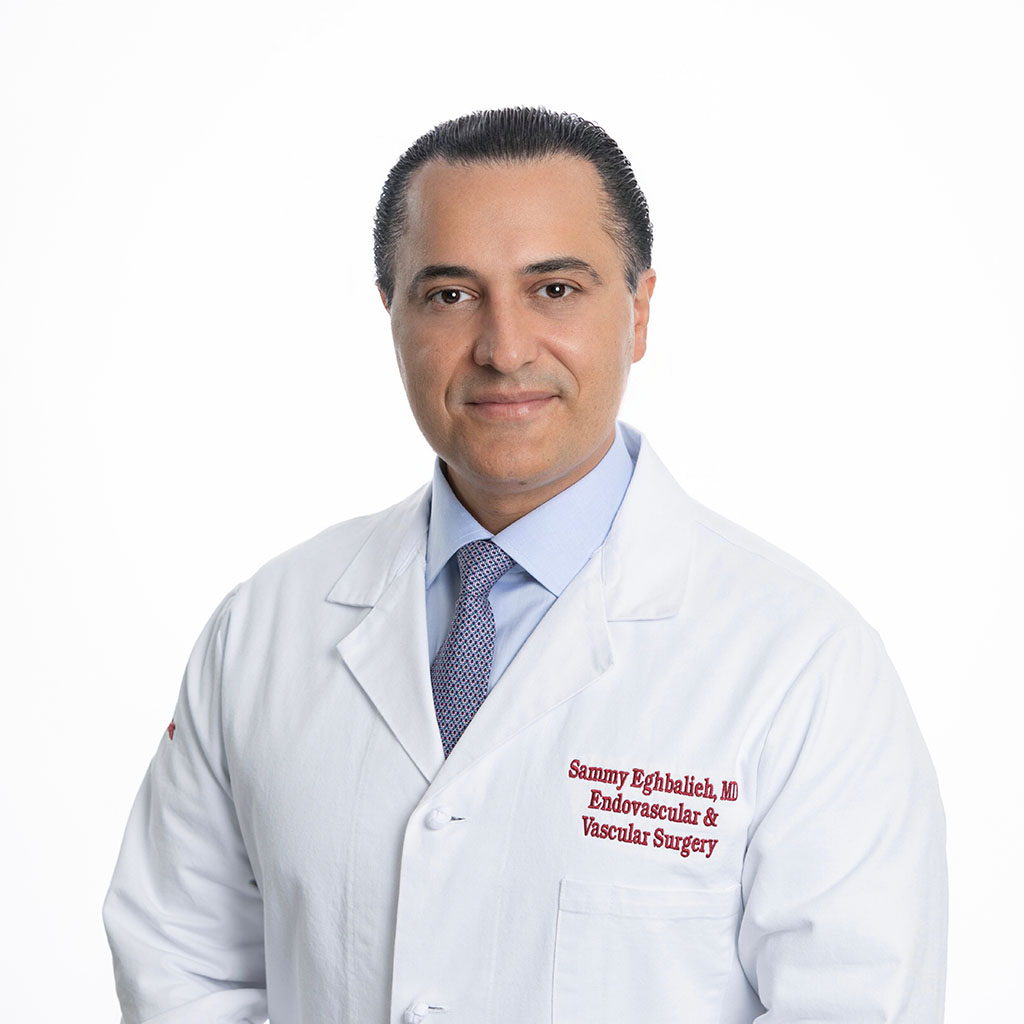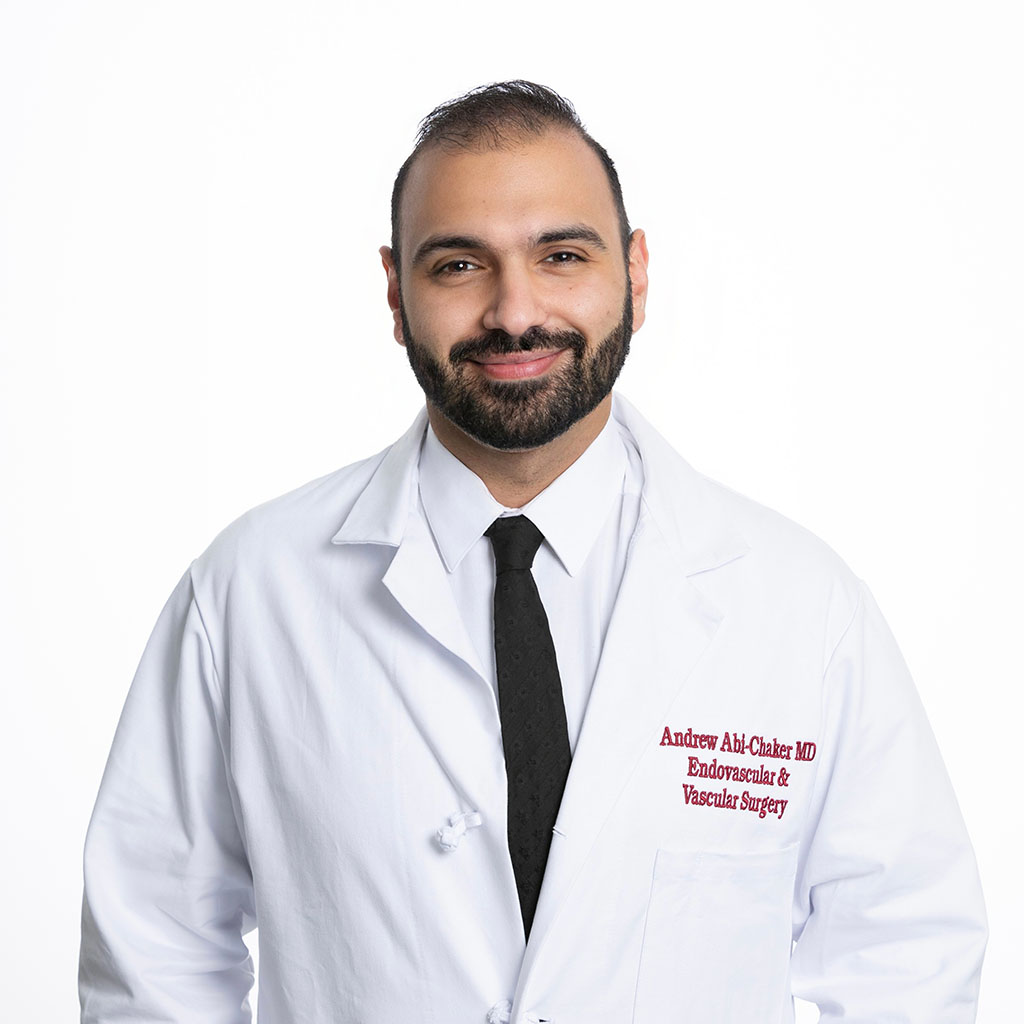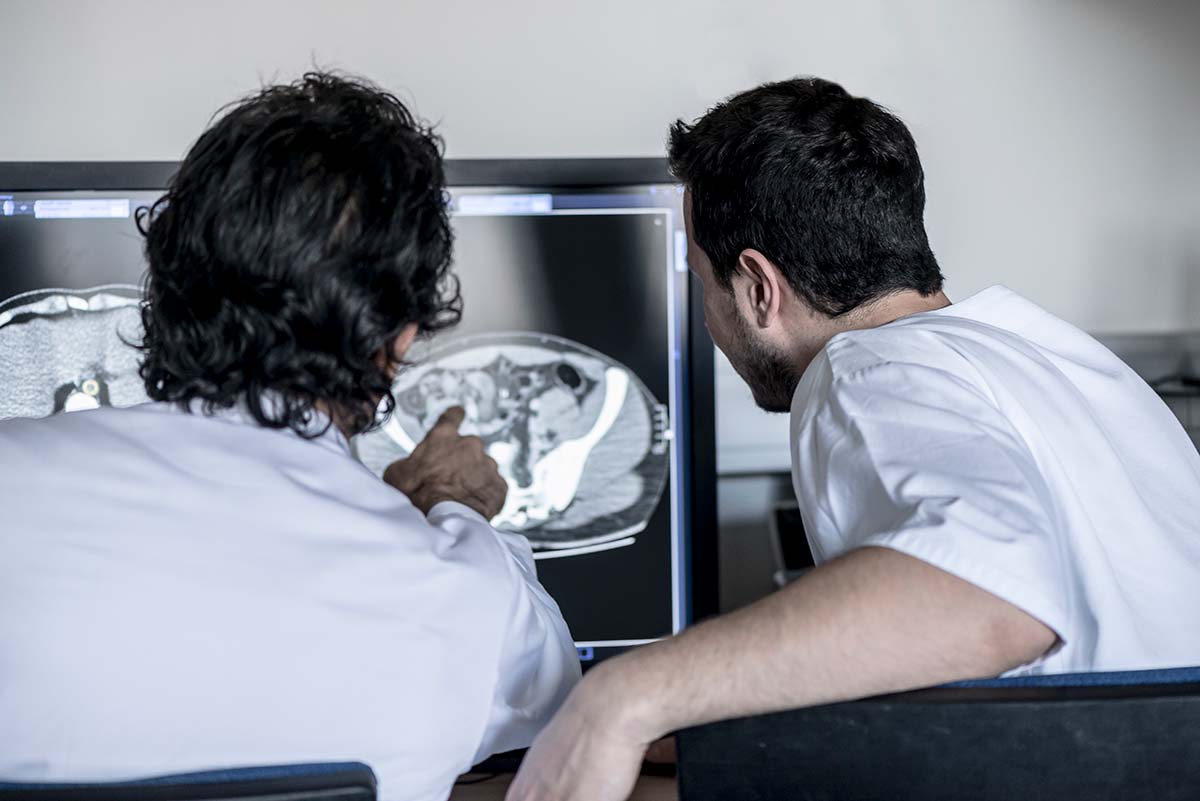What is Renal Disease?
Renal Disease has various stages referred to as: End Stage Renal Disease (ESRD), Chronic Kidney Disease (CKD), or Kidney Failure.
Renal Disease Q & A
What do the kidneys do?
What are the risk factors for renal disease?
The leading cause of kidney disease is diabetes and the 2nd leading cause is high blood pressure. When these 2 disease states are allowed to remain untreated and uncontrolled over time, they damage your kidneys.
- Type 1 or type 2 diabetes
- Heart disease
- High blood pressure
- Age > 60
- Polycystic kidney disease
What are symptoms of renal disease?
- Uncontrolled high blood pressure
- Swelling in the legs, feet and hands
- Skin rash/ itching
- Fatigue
- Yellow skin color
- Metallic taste in your mouth
- Nausea/ vomiting
- Loss of appetite
- Changes in urination frequency
- Shortness of breath
Treatment Options for Renal Disease
Depending on the cause and stage of your kidney disease, some treatments may be aimed at controlling your blood pressure or diabetes through medications and lifestyle modifications. If your disease has progressed past the help of medications, then your physician might recommend dialysis or a kidney transplant.
Dialysis is a treatment for chronic kidney disease. During dialysis, you are connected to a machine that pumps your blood out of your body and filters it before returning it to your body for circulation. The dialysis machine plays the role of your kidneys. In order to remove your blood and return it to your body, you will need to have some sort of conduit or access for this process. There are several different options for dialysis access.
Dr’s Eghbalieh and Abi-Chaker at the Southern California Multi-Specialty Center specialize in the creation of advanced dialysis access and perform more dialysis access creations than any other team in the San Fernando Valley.
If you have been diagnosed or believe you may have renal disease contact our office to schedule an appointment, call 818-900-6480.
Our Vascular & Endovascular Surgeons
It's important to remember not all physicians are trained in advanced vascular and endovascular surgery. It’s a good practice to get multiple opinions and do research on the surgery and the physician.








